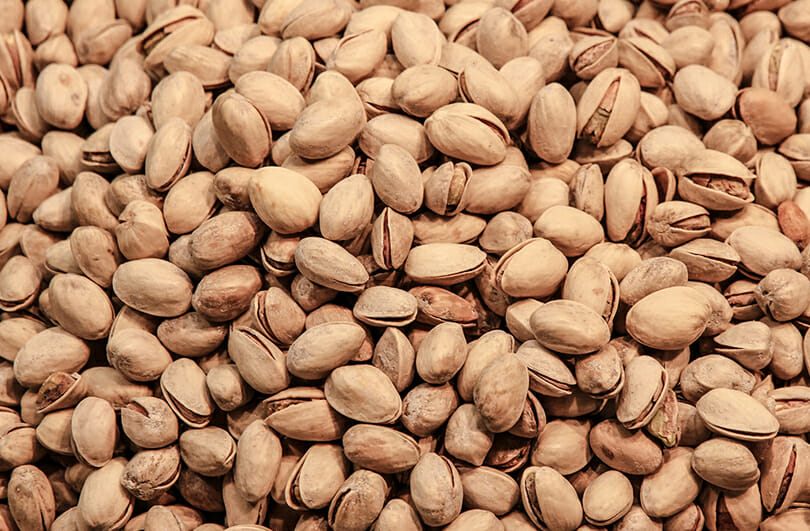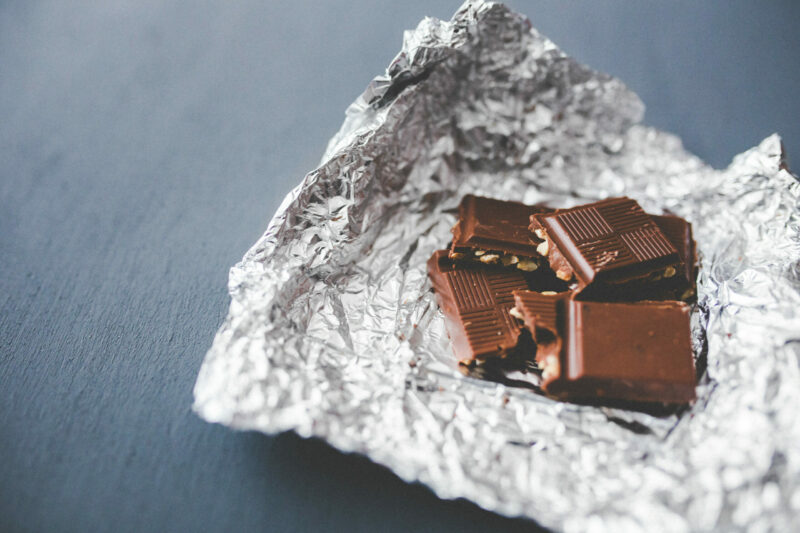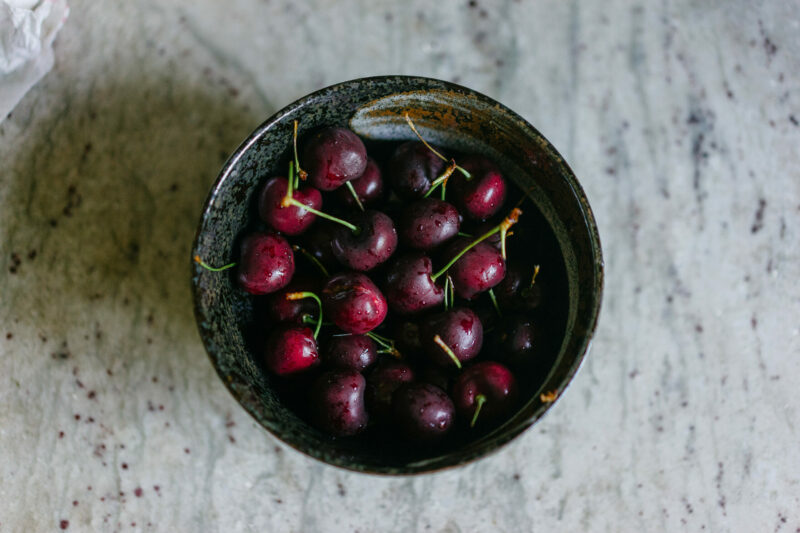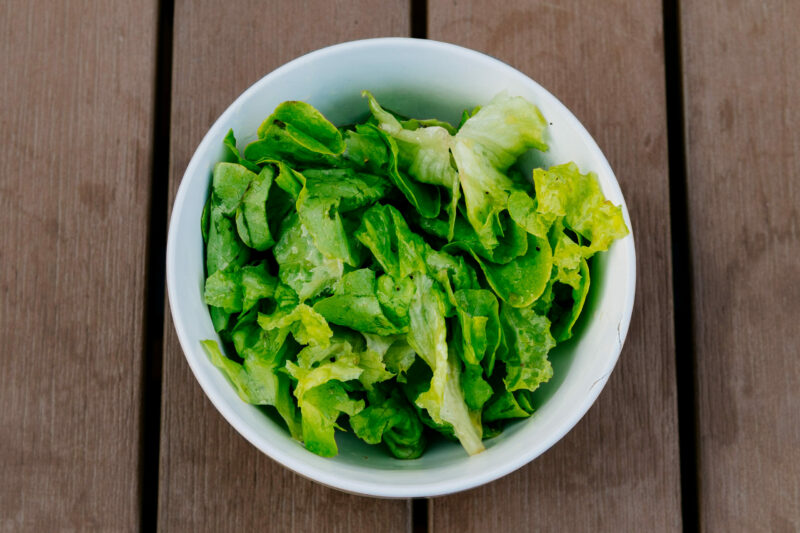The short answer: No. The long answer: Think twice before letting your dog sniff through the raw ingredients in your kitchen as he may accidentally take an interest in your raw garlic cloves. Belonging to the allium species, garlic contains N-propyl disulfide that is highly toxic for dogs. It is said to be five times… Continue reading Can Dogs Eat Garlic?
Category: Dog Food
Find out which human foods are right or wrong for your best friend.
Can Dogs Eat Nuts?
The short answer: It is not recommended. The long answer: There are a few nut varieties that your dog can enjoy (peanuts and cashews, to name a few), but there are more types that are dangerous for his well-being. Macadamias, for one, contain an undetermined toxin that may cause your dog to display any of… Continue reading Can Dogs Eat Nuts?
Can Dogs Eat Raspberries?
The short answer: Yes. The long answer: Raspberries are soft, healthy fruits that your dog will enjoy snacking on. This sweet and tart fruit can come in a gamut of colours, like red, black, yellow, and purple. They contain powerful antioxidants and flavonoids that protect your dog’s body against cell damage, joint pain, and heart-related… Continue reading Can Dogs Eat Raspberries?
Can Dogs Eat Sweet Potatoes?
The short answer: Yes. The long answer: Your dog will benefit from eating sweet potatoes. These starchy root vegetables contain high amounts of vitamin A (helps keep your dog’s eyes, coat, skin, muscles, and nerves healthy), vitamin C (improves your dog’s immune system), and fiber (aids in your dog’s digestion). As long as they’re not… Continue reading Can Dogs Eat Sweet Potatoes?
Can Dogs Eat Rice?
The short answer: Yes. The long answer: Though it’s generally okay for your dog to eat rice, choose to feed him brown rice over white rice. Brown rice is a whole grain that contains high amounts of fiber, antioxidants, vitamins, and minerals. Meanwhile, white rice is a refined grain that has gone through a more… Continue reading Can Dogs Eat Rice?
Can Dogs Eat Pistachios?
The short answer: No. The long answer: Pistachios are not toxic to dogs, but are best avoided for many reasons. Since this type of nut has a hard shell, jagged shape, and small size, your dog might ingest it as a whole. This could lead to choking, throat injury, or intestinal blockage. Dogs don’t digest… Continue reading Can Dogs Eat Pistachios?
Can Dogs Eat Asparagus?
The short answer: Yes, but with caution. The long answer: Asparagus is chock-full of nutrients such as vitamins C, K, and E, folate, beta-carotene, and manganese. High in fiber but low in calories, this light green vegetable can be consumed by your dog to fight against eye problems and promote healthy organ function. However, there… Continue reading Can Dogs Eat Asparagus?
Can Dogs Eat Chocolate?
The short answer: No. The long answer: Chocolates contain a component called theobromine that’s extremely toxic for dogs, and may result in symptoms such as vomiting, diarrhea, tremors, spasms, seizures, or heart attack. These aftereffects may manifest over as long as 72 hours. In severe cases, chocolate consumption may even lead to death. The potential… Continue reading Can Dogs Eat Chocolate?
Can Dogs Eat Cherries?
The short answer: No. The long answer: The toxicity in cherries comes from cyanogenic glycoside, which can be found in the fruit’s stems, leaves, and seeds. The small but hard center pit can damage your dog’s teeth, be a choking hazard, tear through his throat lining, or create blockage in his airway or intestinal passages.… Continue reading Can Dogs Eat Cherries?
Can Dogs Eat Lettuce?
The short answer: Yes. The long answer: Treat your dog to some lettuce, which is packed with vitamins A, K, and C, folate, potassium, calcium, and fiber. Your dog will surely love munching on the refreshing leafy greens and the crunchy stalks, whether it’s the iceberg or romaine variety. Because lettuce is low in fat… Continue reading Can Dogs Eat Lettuce?










